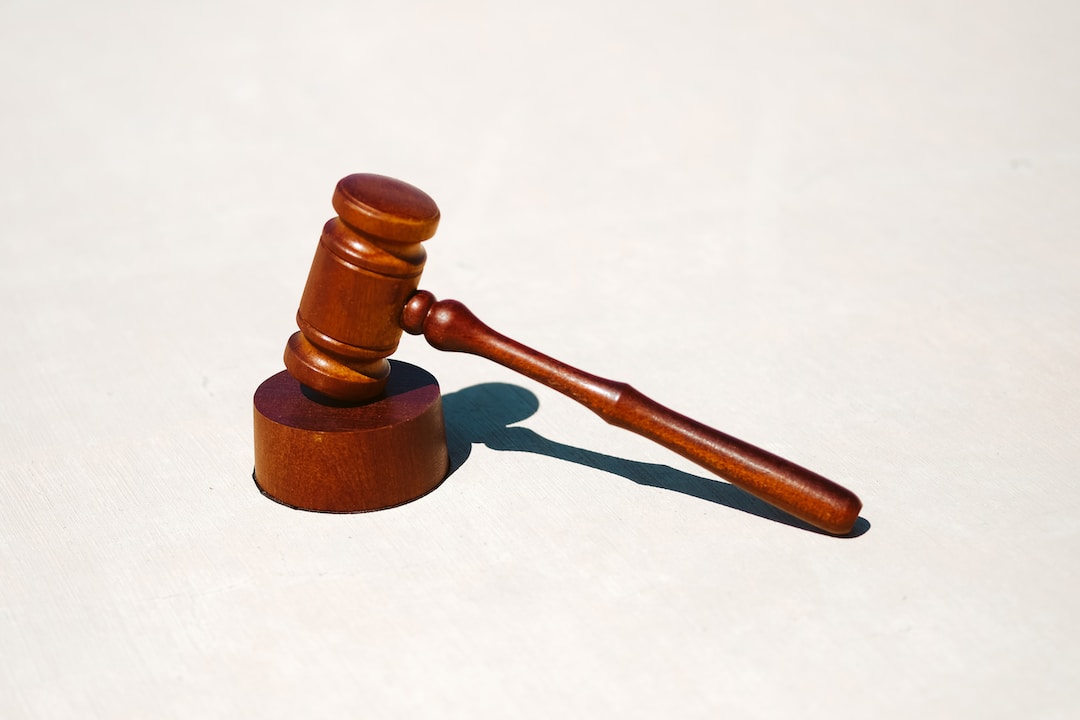Table of Contents
Understanding the Types of Attorneys in Las Vegas
Like doctors, attorneys also have specialties. For instance, some attorneys specialize in family law, while others focus on criminal law. Understanding the type of attorney that best suits your needs is crucial to finding the right representation for your case. It’s paramount to note that specialty lawyers often have insight into specific areas of law that general practice attorneys may not. This insight can greatly impact the outcome of your case. Lastly, ensure that your attorney is licensed to practice in Las Vegas. Licensing ensures that your attorney knows the laws and regulations specific to your geographic area.What To Look For in an Attorney: Key Factors To Consider
Experience, reputation, and fee transparency are key factors to consider when choosing an attorney. An experienced attorney will understand the laws relevant to your case and be better equipped to build a strong defense for you. Reputation is also extremely important. Online reviews, word-of-mouth referrals, and attorney rating systems can provide valuable insights into an attorney’s professional conduct and the satisfaction of their past clients. This can give you a rough idea of what to expect from your potential lawyer. The lawyer’s communication style should complement yours. You must feel comfortable discussing your case with them and confident they’re available to answer any questions or concerns. Transparency about fees is another crucial factor to consider. Some lawyers charge a flat fee for their services, while others work on a contingency basis, which means you’ll only pay if you win your case. Always ask about the fee structure during your initial consultation. This can help you avoid any unexpected costs down the line.The Importance of Checking Attorney Reviews and Ratings
Client reviews and ratings can provide a first-hand perspective of an attorney’s work. They usually focus on the attorney’s communication style, professionalism, and overall satisfaction with the resolution of their case. However, keep in mind that not all reviews are created equal, and they should only be a part of your decision-making process, not the only basis. Many reputable websites offer attorney ratings based on peer evaluation or client feedback. These rating systems can be useful in finding a highly esteemed attorney in your area. In addition to online reviews and ratings, ask for references to previous clients. Speaking to past clients can provide a real-world perspective on working with the potential attorney.The Role of Personal Meetings in Finding the Right Attorney


